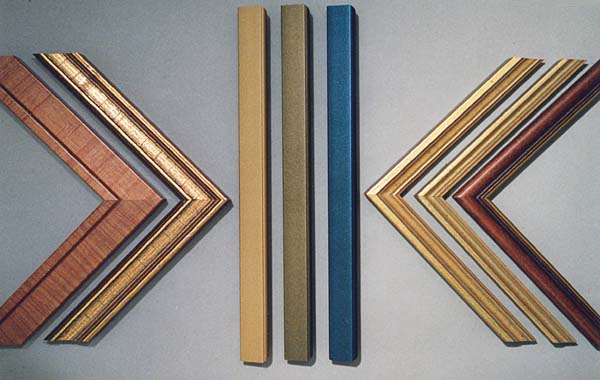|
The Flag of the United States of
America
On June 14, 1777 the Continental Congress passed the first
Flag Act: “Resolved that the flag of the United States be
made of thirteen stripes, alternate red and white; that the union
be thirteen stars, white in a blue field representing a new Constellation.”
The stars and stripes represented the original thirteen colonies.
Congress did not stipulate any proportions for the parts of the
flag nor the arrangement of the stars; the two most common arrangements
of the stars showed them placed in a circle or in five horizontal
rows.
After two additional states were admitted to the Union
– Vermont in 1791 and Kentucky in 1792 – Congress passed
the Flag Act of January 13, 1794 that authorized the addition
of two additional stripes and stars. This is the flag that was
immortalized by Francis Scott Key during the bombardment of Fort
McHenry by the British toward the end of the War of 1812. It
is interesting to note that the stars were sewn on to the blue
field ‘tilted’ to the left or right in alternate rows.
This flag was the only one to have more than thirteen stripes.
The Flag Act of 1818 provided for the addition of five
more stars to the flag. These five stars represented the latest
States to be admitted to the Union: Tennessee in 1796, Ohio in
1803, Louisiana in 1812, Indiana in 1816, and Mississippi in
1817. Congress realized that the addition of a new stripe for
each new State would be impractical and they stipulated that
the number of stripes were to be limited to thirteen.
It was not until June 24, 1912, by Executive Order of President
Taft, that proportions of the flag’s parts were established.
It was also provided that the stars were to be arranged in seven
rows of seven stars with a single point of each star to point
upward. Since that time, the only change made to the flag has
been the addition of more stars as more states were admitted
into the Union.
The flag’s field and stripes are all individually
cut. The stars, field, and stripes are painted with specially
hand-mixed colors. The stars are applied to the field one at
a time and then the field and stripes are assembled to form the
finished flag. The flag is then matted and framed. The September
11, 2001 plaque is cast from the highest quality pewter. Because
the paint colors are mixed by hand, there will be some slight
variation from flag to flag. The flag is also available as a
print.
* * *
Each flag is signed, dated, and numbered and has a copy
of the above text affixed to the back of the frame. Flags are
available as originals and prints in the larger size and as prints
only in the smaller size. They can be framed with a variety of
mat and frame combinations -see the other detail pages in this
gallery for some examples. The selection of frame moldings is
pictured below.
- Frame Selection, left to right:
- #3921 Tiger Maple - wood, #1871 Gold-leaf –
wood
- #85-301 Etched Gold – metal, #85-310 Dark
Gold - metal, #85-303 Dark Blue – metal
- #1461 Gold-leaf – wood, #1451 Gold-leaf –
wood, #3351 Cherry –wood
 |
|




